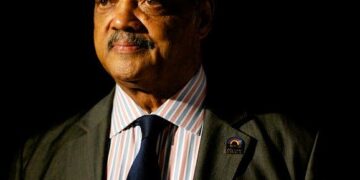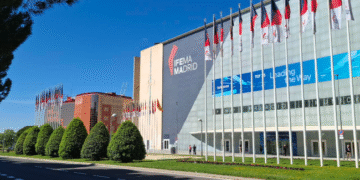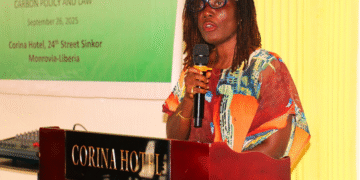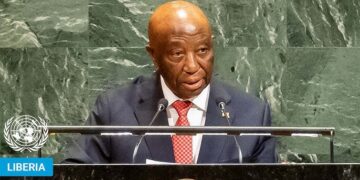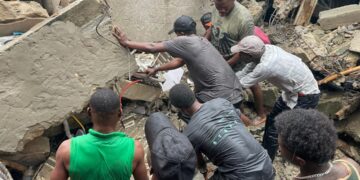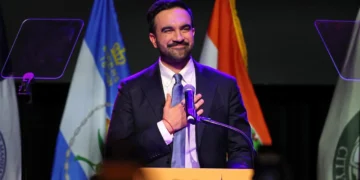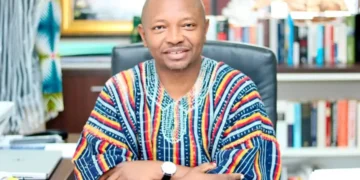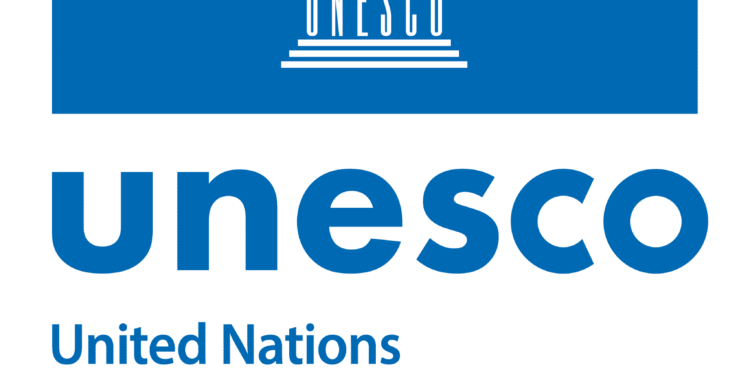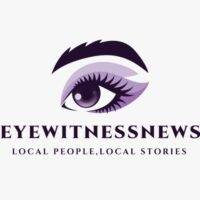Artificial intelligence is reshaping how we learn, create and participate. Algorithms are now curating our news feeds, synthetic media are redefining art and storytelling, and automated systems are influencing public debate at a scale never seen before. In this new landscape, media and information literacy has never been more essential.
As AI-generated content floods digital spaces, the systemic errors they produce are consumed to an ever-greater extent. Indeed, artificial intelligence search engines cite incorrect news sources at an alarming rate of 60%.
The fabrication of events and claims by artificial intelligence pose significant threats to our democracies and erode trust in our societies. As our faith in information integrity and our ability to recognize AI-generated content rapidly deteriorate, we must better learn how to distinguish fact from fiction.
By teaching us to engage critically with information, we know that media and information literacy is a tool that can help rebuild trust in our information ecosystem.
For it to be an effective tool, however, we must globally accelerate its implementation, which severely lags the proliferation of misinformation across digital spaces. Twenty-two per cent of UNESCO Member States have not integrated these essential skills into school curricula, leaving students vulnerable in the face of online scams, conspiracy theories and hate speech.
For this reason, UNESCO advocates for media and information literacy to be advanced more rapidly and vigorously across the globe, as part of a larger strategy to fight against artificially generated misinformation.
Our Organization has expanded media and information literacy programmes to reach new beneficiaries, mobilized networks to strengthen critical engagement with AI-driven content and advanced the Multistakeholder Action Plan to Empower Users on Digital Platforms. However, there is more work to be done.
This Week, I call on the international community to come together to place the fight against AI-generated misinformation at the forefront of media and information literacy programmes. We must urgently scale and accelerate our efforts to advance media and information literacy so that we can fight against the disintegration of information integrity.
By working together, we can ensure that freedom of expression, accountability and access to reliable information remain cornerstones of the digital age.

